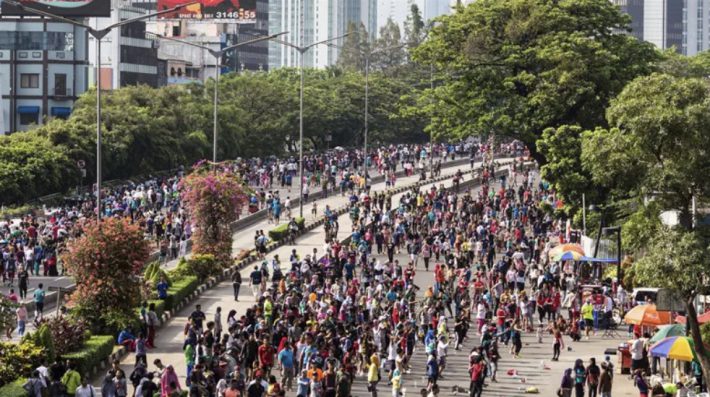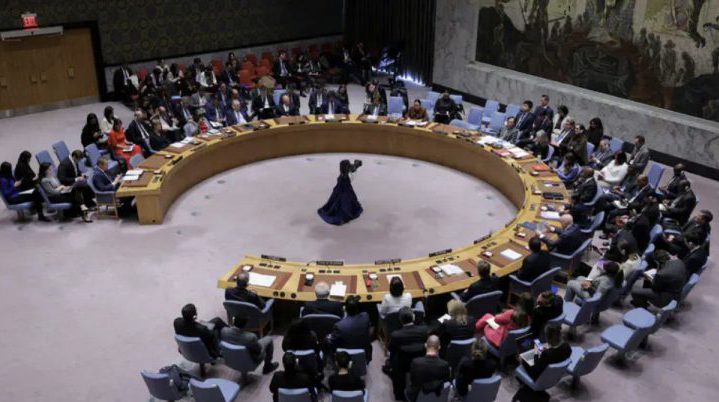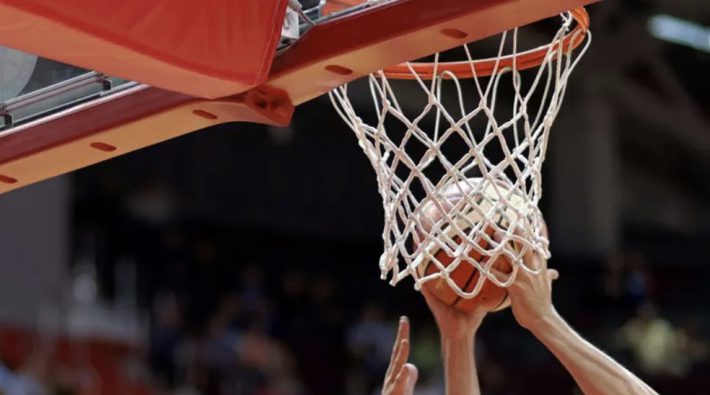Indonesia’s politically charged visa ban sidelines Israel’s champions — including Artem Dolgopyat — and prompts an urgent CAS appeal to defend athletes’ rights.
In a brazen politicization of international sport, Indonesia has refused visas to Israel’s gymnastics team, effectively excluding top competitors — among them Olympic gold medalist Artem Dolgopyat — from the World Artistic Gymnastics Championships in Jakarta. The move, announced amid mass public outrage over Israel’s military actions in Gaza, was denounced by the Israel Gymnastics Federation as “outrageous” and a direct assault on fair competition.
The Federation has launched an emergency appeal to the Court of Arbitration for Sport (CAS), vowing to use every available legal channel to restore its athletes’ right to compete. For Israel’s gymnasts, years of training and dreams of world-stage glory now hang in the balance — sacrificed at the altar of geopolitics.
Jakarta’s decision followed intense domestic pressure from politicians, religious groups, and social media mobs, with local authorities arguing that the presence of Israeli athletes would inflame public sentiment amid the humanitarian crisis in Gaza. Indonesia — the world’s largest Muslim-majority nation and a country without formal diplomatic ties to Israel — framed the ban as a measure to preserve public order. Critics say it is a dangerous precedent: allowing host nations to weaponize visas against athletes undermines the integrity of every international sporting event.
The incident spotlights a growing global trend: when governments treat sports arenas as platforms for political theater, athletes pay the price. A successful CAS challenge would not only vindicate Israel’s team but also send a strong message that the rules of sport must protect competitors from being collateral damage in diplomatic disputes.
As legal proceedings begin, the world will watch whether international sport institutions will uphold athletes’ rights — or allow politics to rewrite the playbook.





